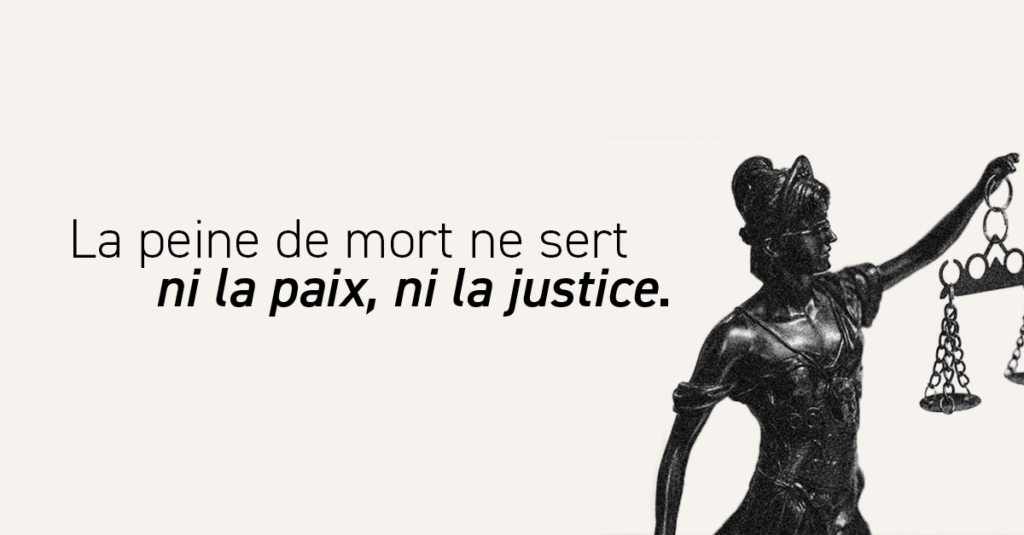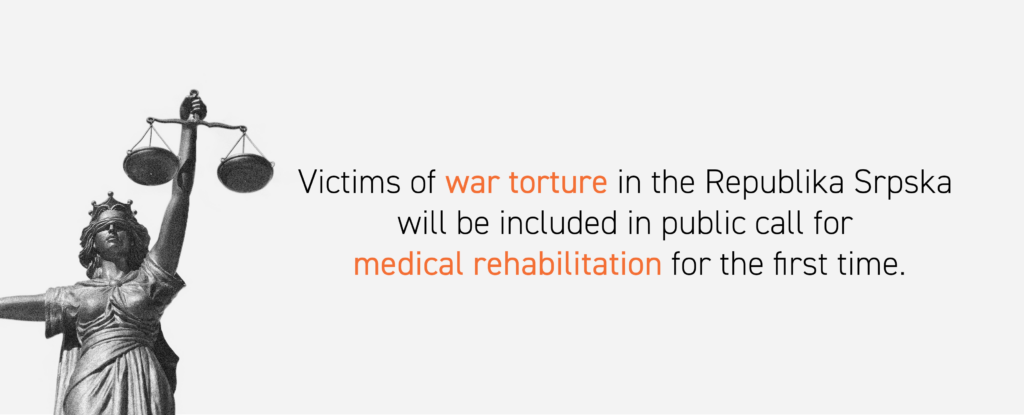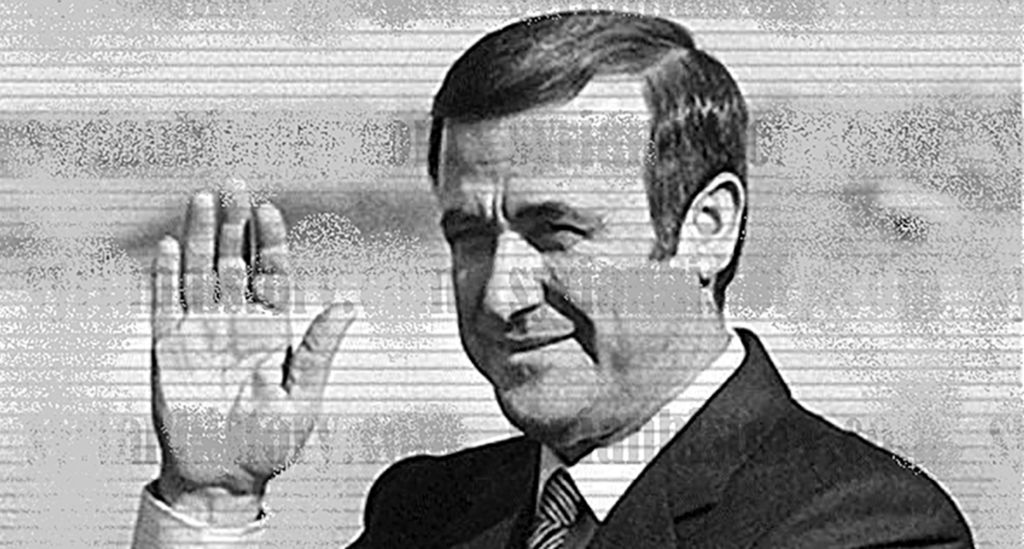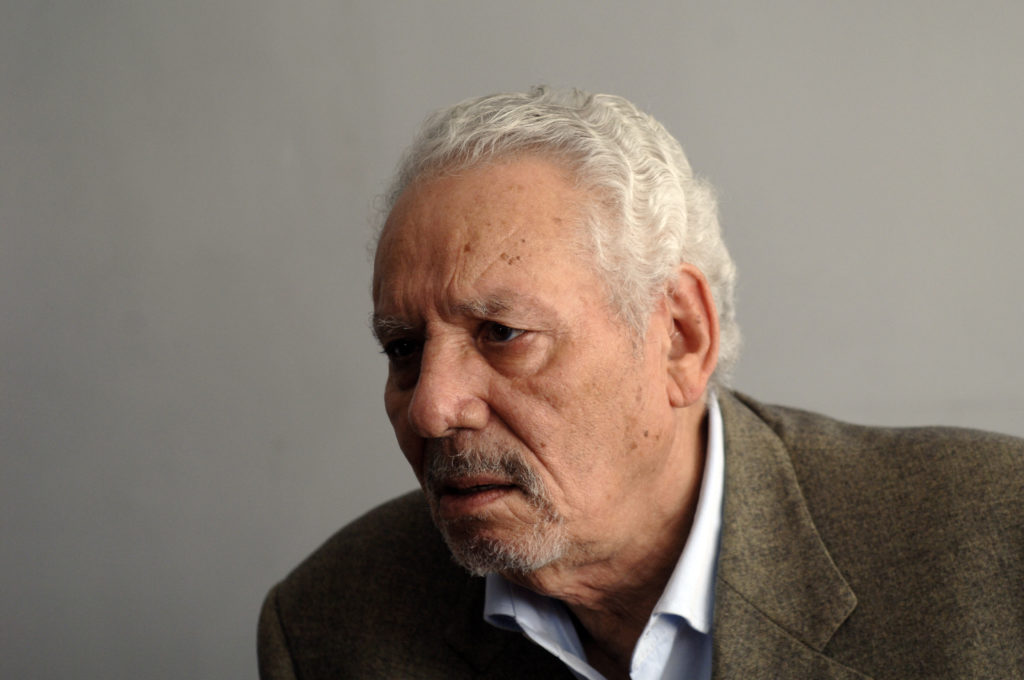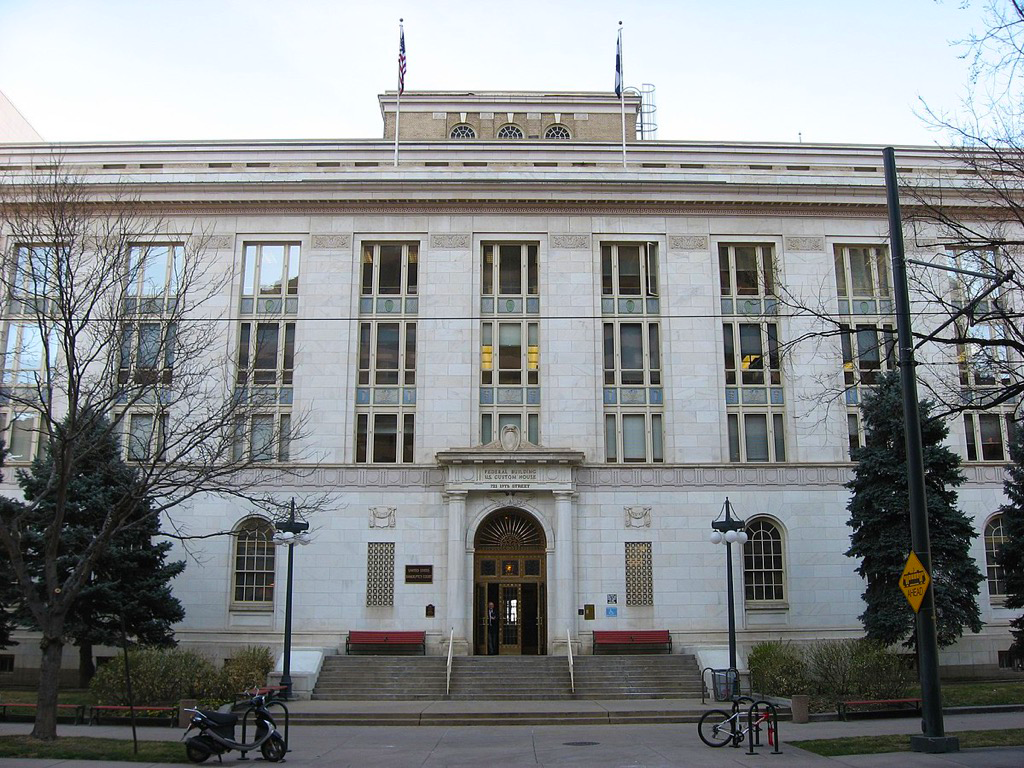Nepal: Victims of enforced disappearance get justice before the UN
The United Nations delivered landmark decisions by giving justice to three conflict-era victims in Nepal. The decisions, rendered by one of the most prominent international human rights bodies, send a message of hope to the families of all victims of enforced disappearances and torture in the country. As widespread impunity still prevails in post-conflict Nepal, the Geneva-based NGO TRIAL welcomes this very encouraging step towards justice and urges Nepali authorities to comply with their international obligations without delay.
On 12 and 13 November 2014, the UN Human Rights Committee made public its decisions on the enforced disappearances of Tej Raj Bhandari, Gyanendra Tripathiand Jit Man Basnet. Each of them was forcibly arrested, tortured and disappeared by state security forces during the 1996-2006 civil war in Nepal. In its decisions, the UN holds the Nepalese government responsible for their enforced disappearance and torture. It further urges the authorities to carry out a thorough investigation into the cases, prosecute the culprits and grant appropriate reparations to the victims.
All three cases were submitted to the UN by TRIAL, a Geneva-based NGO that fights against impunity. These are the first Nepali cases won before the Human Rights Committee by the NGO, which has supported the victims and their relatives in their struggle for justice. For TRIAL and the many victims of human rights violations in Nepal, the three decisions represent an encouraging first step in the fight against impunity in post-war Nepal: “if Nepal wants to be perceived as a country governed by the rule of law, it must swiftly implement these decisions. Prosecuting the perpetrators and offering truth and redress to the victims or their families is already long overdue”, says Philip Grant, Director of TRIAL.
The victims
Bhandari, a retired teacher and social worker from Lamjung, was arrested by Nepalese security forces in 2001. Suspected of being a Maoist sympathizer, he was arbitrarily arrested and badly beaten by the Royal Nepal Army. Since that day he was never seen again, leaving his family grieving on his disappearance. For many years his son Ram Bhandari, a prominent human rights activist in Nepal, fought to obtain justice before national tribunals: “I kept filing complaints before national tribunals but all I obtained in return was silence and denial from the Nepalese authorities”.
Tripathi, a left wing activist, was illegally arrested in 2003 and was last seen a few months later in life-threatening conditions and with visible signs of torture at the Maharajgunj barracks, controlled by the Royal Nepalese Army (RNA).
Basnet, a journalist and human rights lawyer, was also disappeared, put in arbitrary detention and tortured by Nepalese security forces in 2004, allegedly because of his human rights activities. While Bhandari and Tripathi are still missing, Basnet was released after 258 days in incommunicado detention.
The UN decision: hope for the victims of enforced disappearances
The UN decisions send a clear warning to Nepalese authorities, which too often dismiss the plights of victims of enforced disappearances. In the framework of the proceedings before the Committee, the Nepalese authorities claimed they could not consider the cases before the transitional justice mechanisms were put in place. The UN rejected this argument and urged the government to deliver justice to the victims. The Government is also required to widely publicize the decision in Nepali, and to report to the Committee within 180 days.
The victims’ relatives trust “this decision will put pressure on the government to look into the many cases of enforced disappearances and inform all the families about the whereabouts of their beloved ones”. Ram Bhandari added that: “In this long wait for justice, we will not step back without knowing the truth.”
Background information
The conflict in Nepal claimed the lives of more than 13,200 people and displaced over 100,000. During this decade-long civil war, serious human rights violations were carried out both by state security forces and Maoist rebels. Among the many crimes committed, more than 1,300 people were subject to enforced disappearance. Since then, perpetrators of such crimes have enjoyed an overall climate on impunity. On their side, Nepalese authorities turn a blind eye on these severe violations and too often dismiss the claims of victims.
Since 2009, TRIAL works on Nepal to help victims of serious human rights violations obtain justice and reparation. To this day, the NGO has offered legal assistance to more than 100 victims in Nepal and submitted 14 cases to the UN.
- Watch Ram Kumar Bhandari’s testimony
- Read the decision of the UN
- Tej Raj Bhandari
- Gyanendra Tripathi
- Jit Man Basnet

